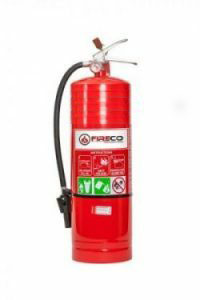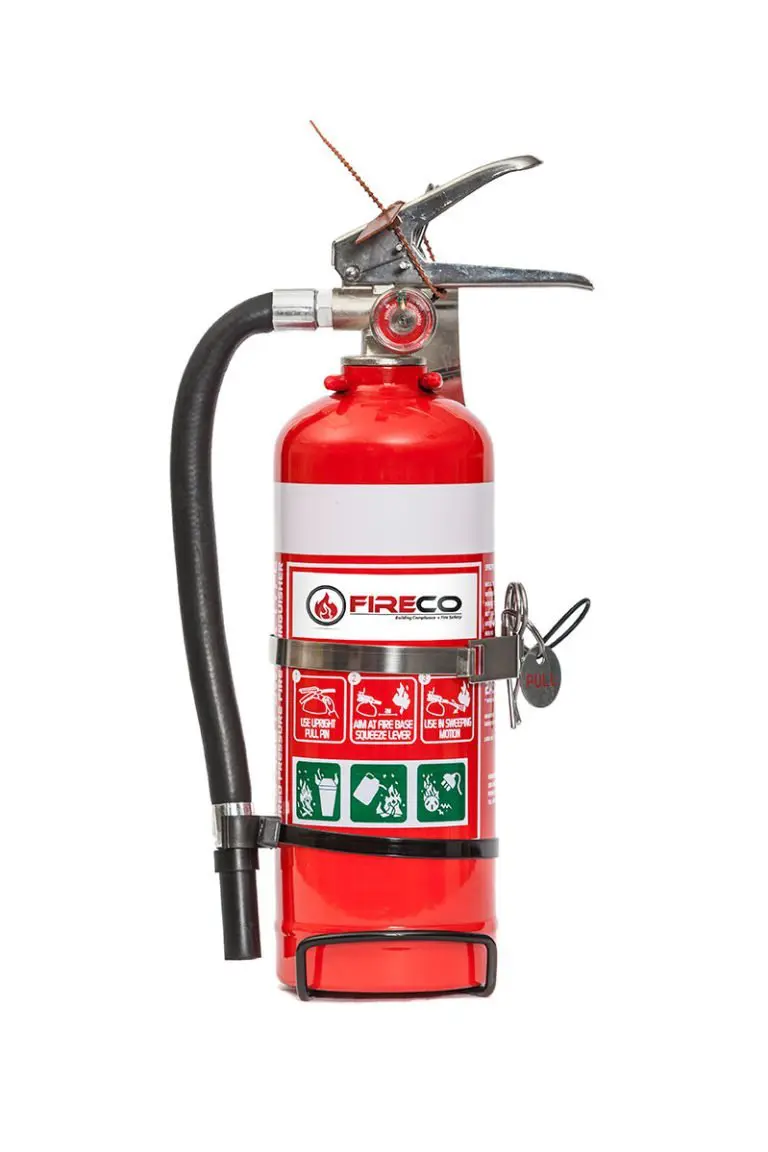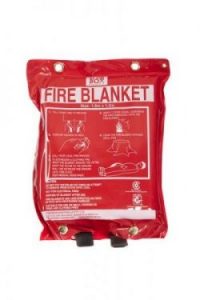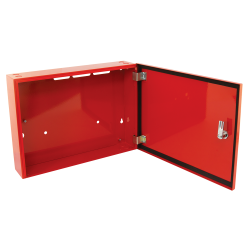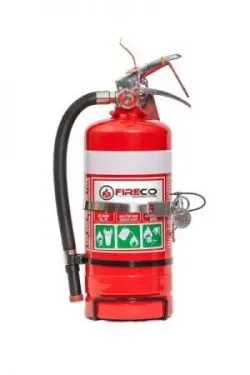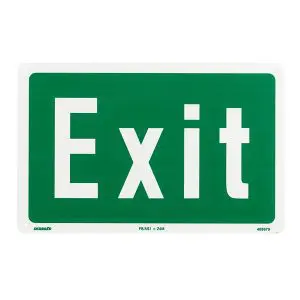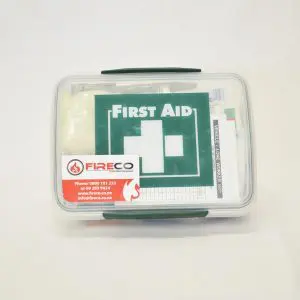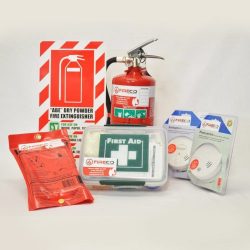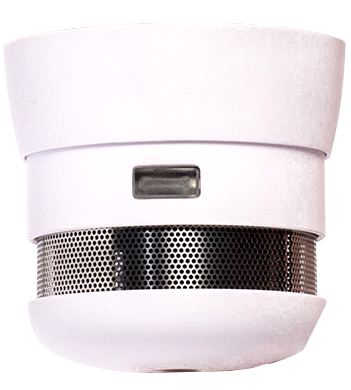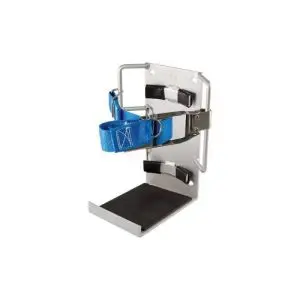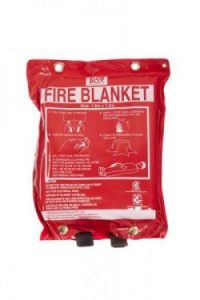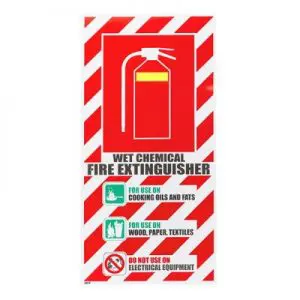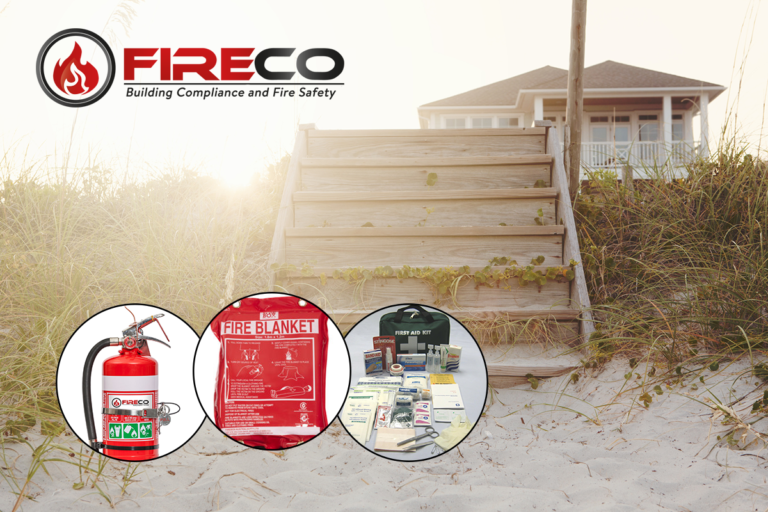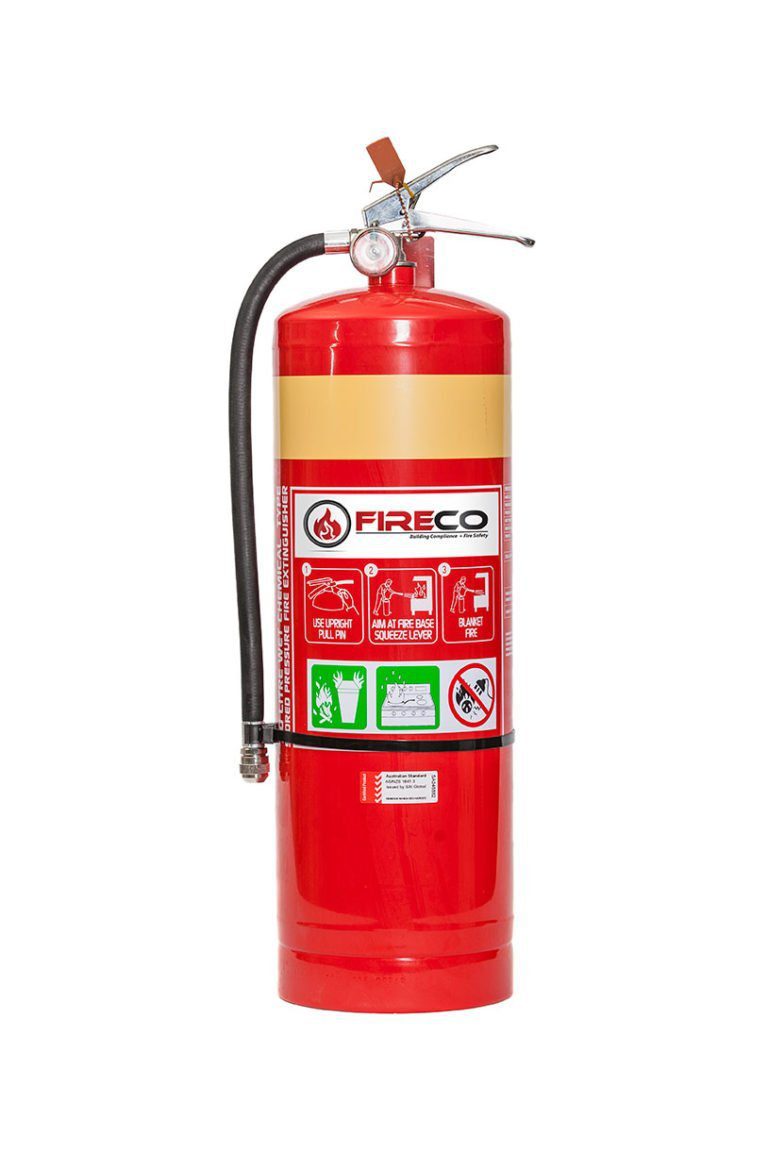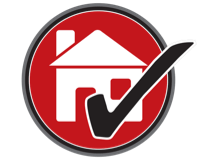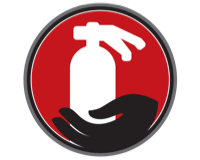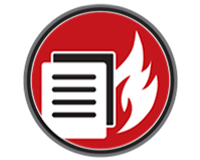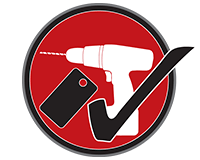
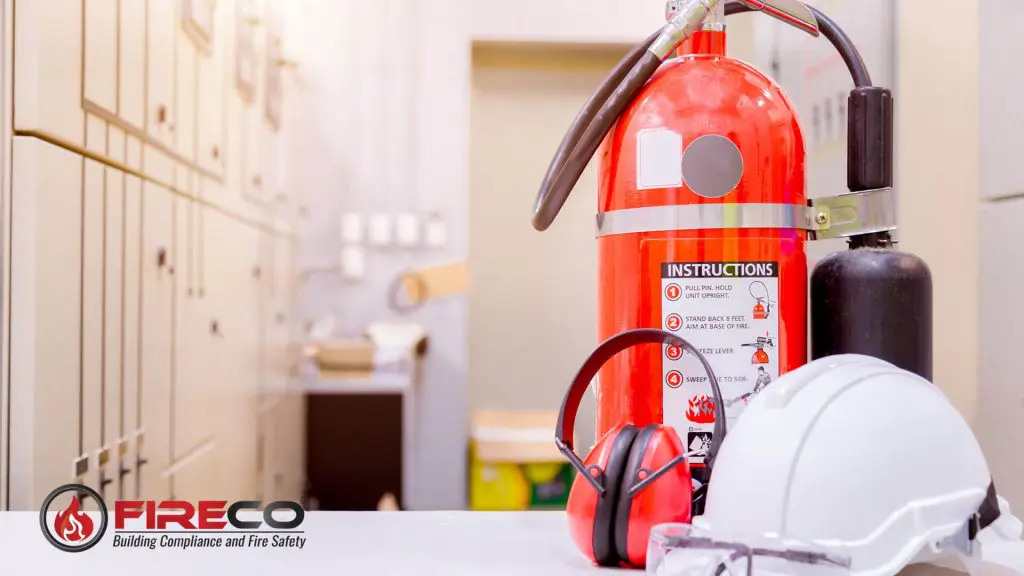
Our homes and work areas should be safe spaces. But a lot of our communal spaces turn out to be fire hazards. Are we doing enough to keep our residential and commercial spaces fire-proof?
If a fire breaks out now, do you have a fire extinguisher available to use? Have you changed the batteries in your smoke alarm?
These are just some things to think about when it comes to home and work fire safety in New Zealand. Initially, it is advisable to plan your escape and ensure all within your home know this plan. It is best to do this in advance, it can save valuable seconds. If you need help, call a fire safety professional in Whangarei – Fireco.
Three out of five reported cases of fire deaths happen in homes with non-working or nonexistent smoke alarms. Smoke alarms are crucial in a home fire escape plan because they provide early detection of smoke and fire, further reducing the risk of casualties.
Because of this, the National Fire Protection Association strongly advises that you:
- Place smoke alarms inside and outside sleeping areas, either high on the wall, or the ceiling.
- Install smoke alarms at least 10 feet away from the stove to prevent unwanted false alarms.
- Add special alerts like bed shakers or strobe lights for people who have difficulty in hearing or deaf.
- Check smoke alarms once a month.
- Change the batteries of the smoke detector and carbon monoxide detector annually.
- Switch to a new smoke alarm every ten years.
Sometimes we live with family members who are just stubborn, and they don’t really mind their own personal safety or of others in the home. Watching out for the health and safety of our family members is important and we should take our time to remind them of fire safety. Particularly, of those who choose to smoke in bed.
Here’s a quick fact check: 40% of smoking-related fire cases start in the bedroom or the living room couch. Some people fall asleep with their cigarettes still lit. This can cause severe bodily injury if their clothing catches fire. It’s ill-advised to fall asleep with a lit cigarette, no matter how tired one gets, make it a point to stub it out. If you can go the extra mile, quit smoking. It will do wonders for your lungs.
Remember, beds and blankets are primarily made of combustible materials, so responsible smokers should put out cigarettes away from all flammable materials with a fireproof ashtray. The risk of smoking-related fires rises with the use of alcohol, drugs, and medications.
The kitchen is the heart of the home, it shouldn’t be ‘fire central’. We can keep fires from happening in our kitchen by being aware of all the fire safety hazards.
Keep a close eye on your cooking. Keep combustible materials like packaging materials, towels, and rags away from cooking appliances.
Keep children away from stoves and cooking areas. It’s easy for a child to knock over a boiling pot on the stove. This is an unfortunate accident that is common, but can be prevented.
Never leave whatever food you’re cooking on the stove unattended.
Using Fire Extinguishers
It is important for everyone to learn how to use a fire extinguisher. A fire extinguisher can easily put out a starting fire in a home or workplace.
Know how to use fire extinguishers by reading the directions and familiarizing yourself with the operating procedures.
It’s best to keep your fire extinguishers visible. Always have fire extinguishers ready and place them on different parts of the house like the kitchen and garage. It’s essential to have adequate knowledge on the get-go as there won’t be enough time to learn everything if a fire occurs.
If you need to learn more about residential and commercial fire safety, or if you need the right kind and size of fire extinguisher for your home of business, consult the best fire safety experts in Auckland and Northland, call Fireco NZ at 0800 101 232 or email us info@fireco.co.nz

